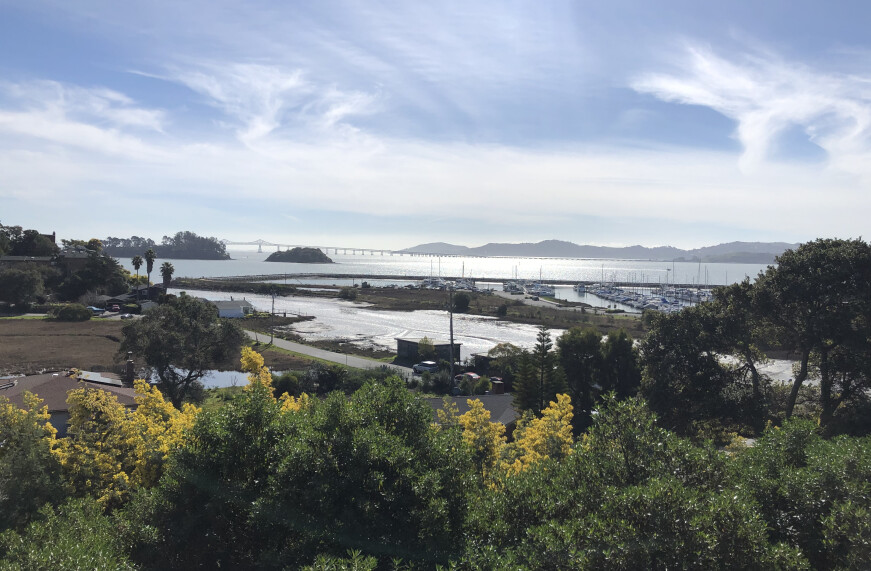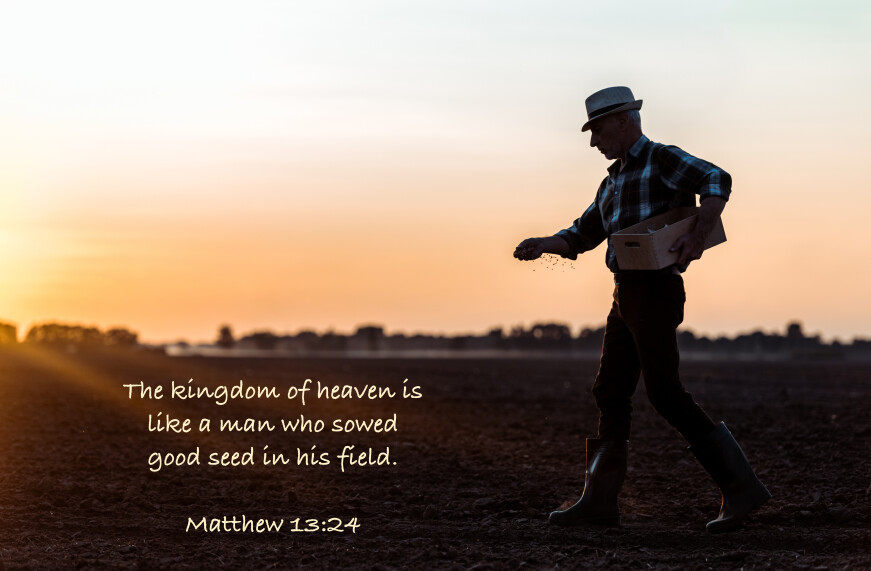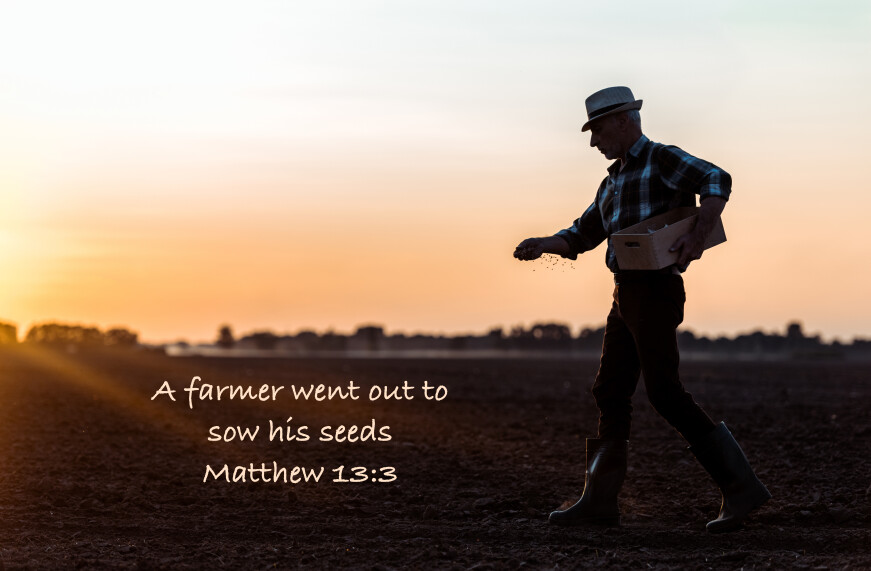Dear St. Luke Community,
I trust you are all well. While we can’t be together in the sanctuary, we are still very much connected. Most of you I see on Zoom worship. Many I see in our different classes on Zoom, and a few I’ve seen in your backyards. I’d love to continue to connect one-on-one, whether by phone, on Zoom, or at a distance outdoors.
Not too long ago, I was on a Zoom call with my old college friends. As we talked through the different challenges facing our country, the topic of shamecame up. Some on the call expressed that they believe shame is an integral tool in achieving social justice. And others did not. I wasn’t sure, but I had a gut feeling on the issue. So I began reading and searching the topic. I’ve mentioned shame as a side note in a few sermons, but this Sunday I’d like to explore it more deeply. Shame is not unique to one kind of Christianity, one facet of society or politics. It’s used by all kind of people in all kinds of ways.
In this Sunday’s scripture (Matthew 13:24-30, 36-43) Jesus puts before his disciples another parable about weeds and good seed. Jesus describes a scene of division, pitting good against evil, and a final judgement as an act that ultimately belongs to God.
This will prove to be one of the more challenging texts I’ve ever chosen to preach on, mostly because there’s so much about it I don’t like.
This Sunday we welcome guests from Sausalito Presbyterian to our Zoom worship. Rev. Paul Mowry is on vacation, and his congregation has been invited to join us for our worship. I trust we’ll welcome them with the same warmth St. Luke welcomes all visitors.
See you Sunday on Zoom,
Nicole



